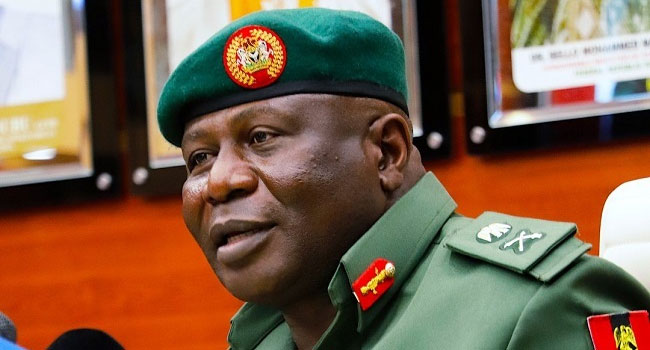President Bola Tinubu has approved the appointment of new Directors-General of the National Intelligence Agency (NIA) and the Department of State Services (DSS).
Ambassador Mohammed Mohammed is the new Director-General of the NIA.
Mr. Adeola Oluwatosin Ajayi is the new Director-General of the DSS.
This is contained in a statement by Chief Ajuri Ngelale Special Adviser to the President, Media & Publicity
The statement reads : “Ambassador Mohammed has had an illustrious career in the foreign service since joining the NIA in 1995.
He had served in various roles, culminating in his promotion to the rank of Director and his subsequent appointment as the head of the Nigerian mission to Libya”
“The 1990 graduate of Bayero University, Kano, had served in North Korea, Pakistan, Sudan, and at the State House, Abuja”
“The new DSS Director-General, Mr.
Adeola Ajayi, rose through the ranks to attain his current post of Assistant Director-General of the Service. He had, at various times, served as State Director in Bauchi, Enugu, Bayelsa, Rivers, and Kogi”
“The new appointments follow the resignation of the previous NIA and DSS chiefs”
“President Tinubu expects that the new security chiefs will work assiduously to reposition the two intelligence agencies for better results and charges them to bring their experience to bear in tackling the security challenges bedeviling the country through enhanced collaboration with sister agencies and in surgical alignment with the Office of the National Security Adviser (ONSA).
The President thanks the outgoing Directors-General of the two pivotal intelligence agencies for their services to the nation while wishing them success in their future endeavours”



